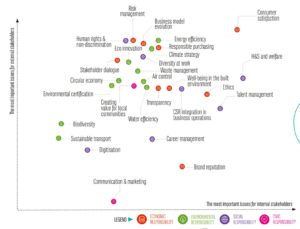Navigate Climate Activism: 5 Keys to Business Resilience
In this briefing paper, Ksapa explores outlines 5 principles for constructive stakeholder dialog to adopt the concept of a Just Transition as a Framework for action for business.
The Low-Down on Business and Climate Disobedience
Multinationals will increasingly be faced with the question of whether – and how – their products and services as well as their production processes are climate-friendly. The legal and judicial framework in which global economic decisions are made cannot address our common climate change challenge, and climate disobedience has fashioned itself as a resistance movement in an effort to convince global economic and political players.
As they endeavor to address both legal and societal expectations, companies and investors will only be able to engage in constructive dialog (let alone drive it) if they can demonstrate they have adopted a credible way forward. That is, that they have effectively aligned with the expectations of the Paris agreement and embedded ‘just transition’ considerations.
Key Takeaways
With that in mind, Ksapa outlines 3 lessons learned so far and 5 principles for constructive stakeholder dialog to adopt the concept of a Just Transition as a Framework for action.
Read the Document in Full
To learn more, register and download our briefing paper.
"*" indicates required fields













